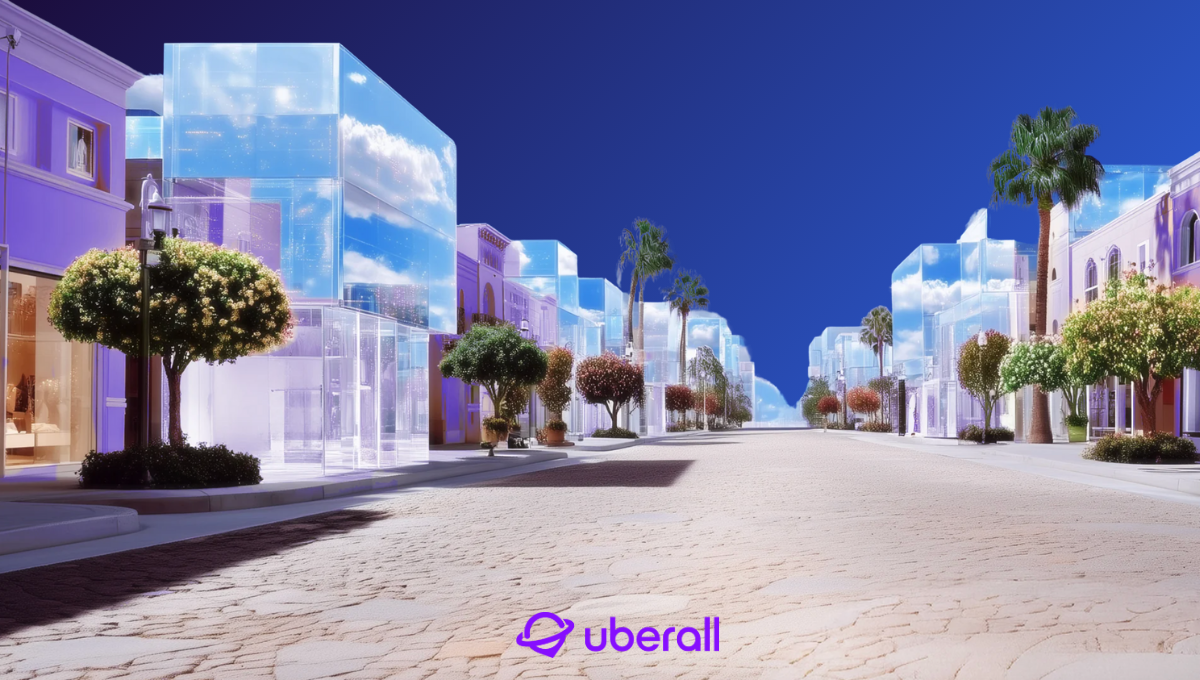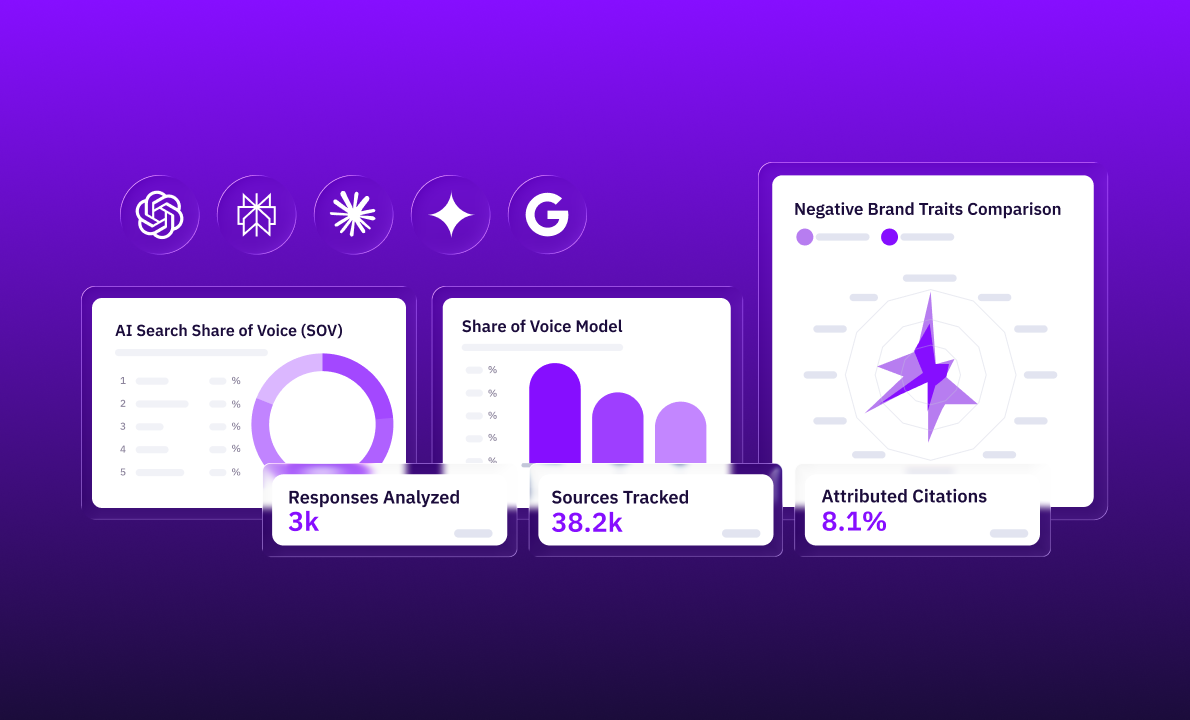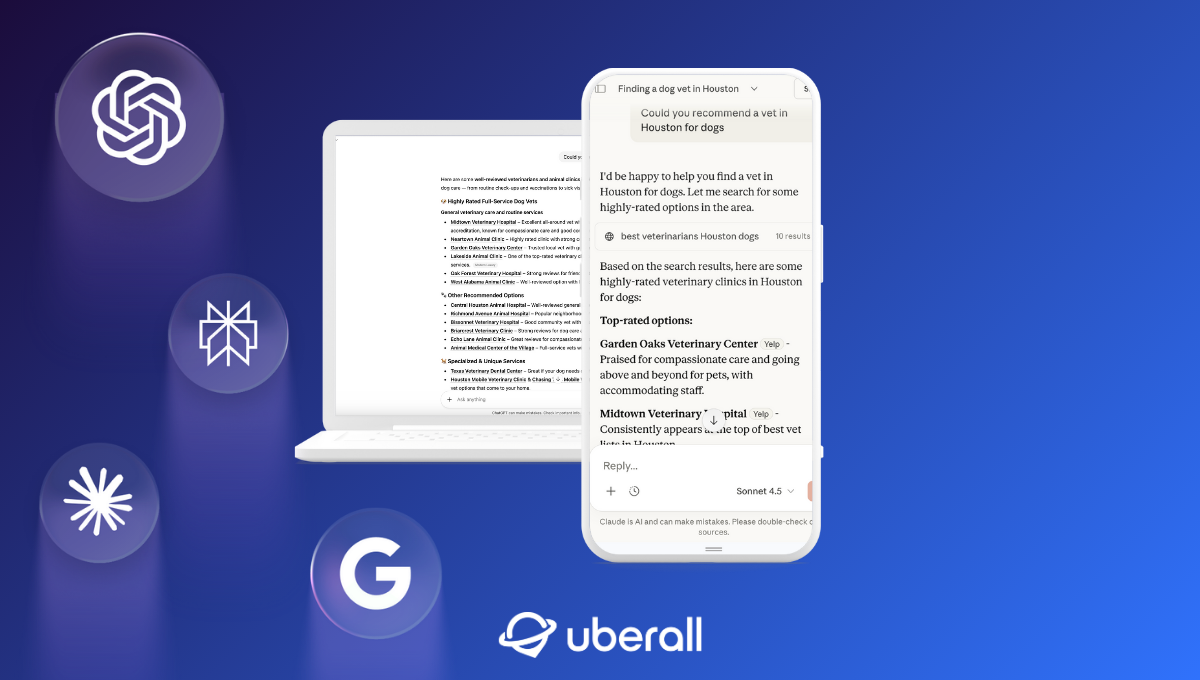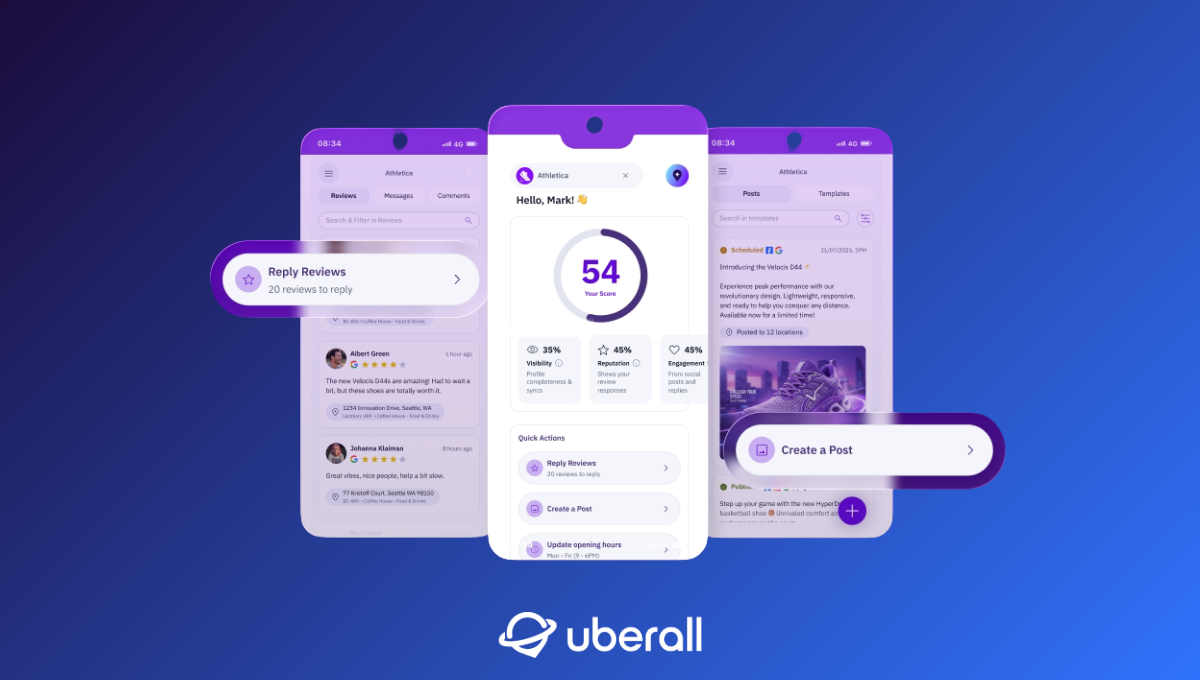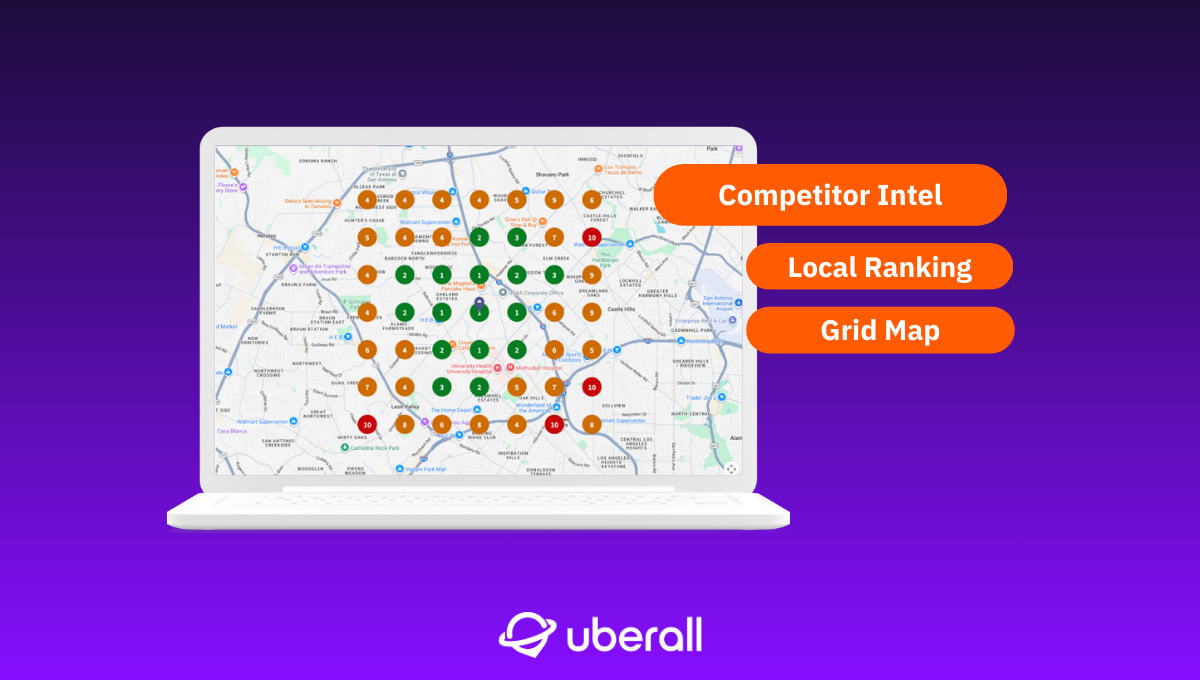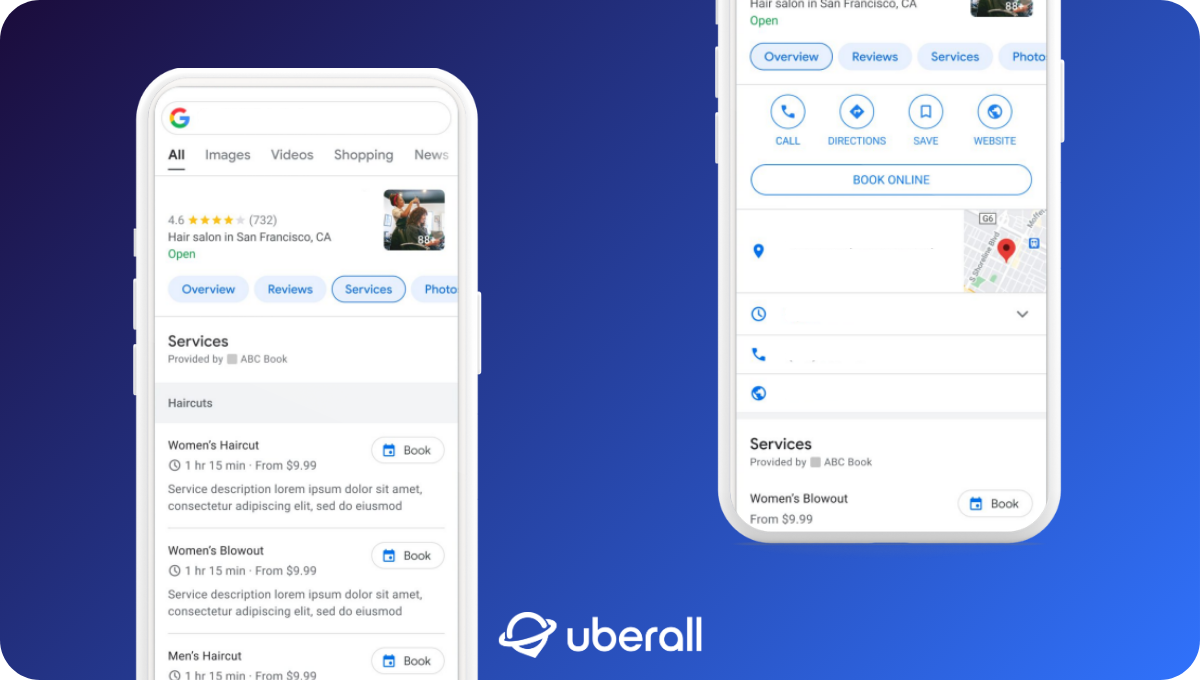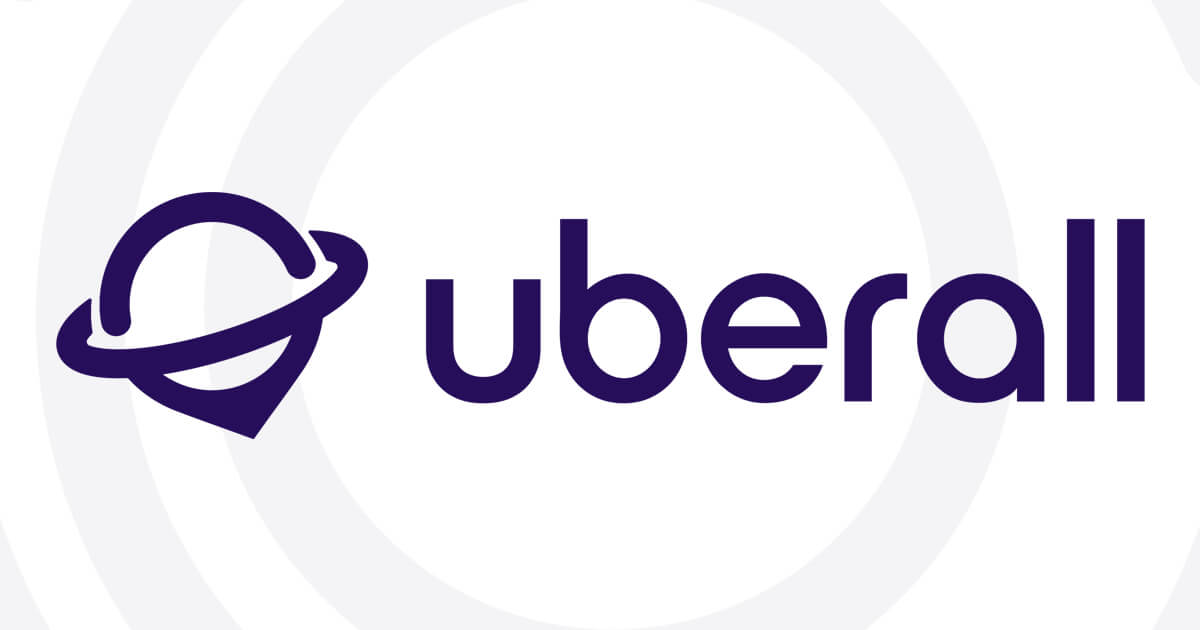
How to Boost Store Visits with Smart Social Scheduling
Discover how smart social scheduling on social media boosts store visits & drives foot traffic for local businesses with proven strategies.
Local social media management represents a powerful strategy for driving foot traffic to physical locations. As of December 2024, Meta has 3.35 billion daily active users across their core apps (Facebook, Instagram, Facebook Messenger, and WhatsApp), creating unprecedented opportunities for businesses to connect with local customers and convert digital engagement into store visits.
The Science Behind Strategic Social Timing
Smart social scheduling involves more than posting content randomly throughout the day. Posting time is a crucial element for social media success and can affect the impact of social strategies with business goals. Successful local businesses understand that timing affects everything from initial visibility to final conversion rates.
Research from Sprout Social demonstrates that the highest engagement times are between 9 a.m. and 10 a.m. Mid-mornings through very early afternoons proved to be successful posting times across most social media platforms, including Facebook, Instagram, LinkedIn, TikTok and X. However, these general guidelines must be adapted for local market conditions, customer demographics, and business types.
Creating Authentic Local Connections
Employee-Generated Content
Smart local social media management increasingly focuses on authenticity. Social media is about being authentic and being human, and the employees are the best way to show that. Employee-generated content helps establish genuine community connections and builds trust with potential customers.
Flash prefers to work only with companies that have physical locations because it creates rapport with customers and, ideally, the social content incentivizes them to come visit. We like to use their people [on social media] so that when their audience watches this stuff and then they go and visit their store location in person, there's that built-in credibility, trust, and familiarity with the employees that are on camera.
Community Engagement Strategies
Successful local social media management extends beyond promotional content to genuine community participation. This includes responding to local events, supporting community causes, and engaging with other local businesses and customers in meaningful ways.
Comprehensive Local Social Media Management
Uberall provides businesses with the tools needed to execute sophisticated local social media strategies efficiently. The platform’s social media management capabilities enable businesses to maintain consistent, localized content across multiple locations while ensuring brand compliance and maximizing engagement.
Key features include automated content localization, optimal posting time recommendations based on location-specific data, and comprehensive analytics that connect social media activity to actual foot traffic and business outcomes.
AI-Powered Content Optimization
As of May 2024, nearly four in 10 marketers worldwide (38%) say generative AI boosts social media marketing efficiency, while 34% highlight easier idea generation. A total of 71% of social media marketers currently use AI tools, and 87 percent believe these tools are essential for a successful strategy.
Uberall’s platform incorporates AI-driven optimization to help businesses create locally relevant content, determine optimal posting times, and maintain engagement across all locations simultaneously.
Measuring Success: Beyond Vanity Metrics
Foot Traffic Attribution
The most important metric for location-based businesses is the correlation between social media activity and actual store visits. Advanced tracking capabilities help businesses understand which social media efforts drive real foot traffic and revenue.
Business Impact Metrics
A total of 48% of SMEs who use social media say it is critical to their business’ survival. More than 85% of small business owners report that social media has aided their business. These statistics demonstrate the significant business impact of well-executed social media strategies.
Key performance indicators for local businesses should include:
- Increase in store visits following social posts
- Social media-driven sales conversions
- Local engagement rates and community participation
- Brand awareness within target geographic areas
Implementation Best Practices
Consistency and Frequency
A total of 83% of small businesses post on social media several times a week, highlighting the importance of consistent content creation. However, businesses must balance frequency with quality to maintain audience engagement.
Local SEO Integration
Social media scheduling should complement local SEO efforts. Uberall's comprehensive approach integrates social media management with local SEO optimization and hyperlocal social media marketing strategies to maximize visibility across all local discovery channels.
Building Sustainable Growth
Smart social scheduling for local businesses requires understanding platform algorithms, audience behavior patterns, and local market dynamics. Success comes from creating authentic connections with the local community while maintaining operational efficiency across multiple social platforms.
The marketers who win won't be the ones posting the most, but the ones making data-driven decisions. This insight is particularly relevant for local businesses that must maximize their limited resources while competing for attention in crowded social media feeds.
Schedule Smart with AI-Driven Martech Tools
Effective local social media management combines strategic timing, authentic content creation, and sophisticated analytics to drive meaningful business results. By understanding platform-specific best practices, leveraging AI-powered optimization tools, and maintaining genuine community connections, businesses can transform social media engagement into measurable increases in foot traffic and revenue.
Uberall’s comprehensive platform provides the tools and insights necessary to execute these strategies successfully, enabling businesses to maintain localized social media presence at scale while driving real business growth. The platform’s integration of scheduling optimization, content management, and performance analytics creates a competitive advantage that translates directly into increased store visits and customer engagement.
Ready to Transform Your Business?
Connect with our partnership team to learn how Uberall can help you achieve similar results. Get a personalized consultation and discover the opportunities waiting for your business.
Resources


